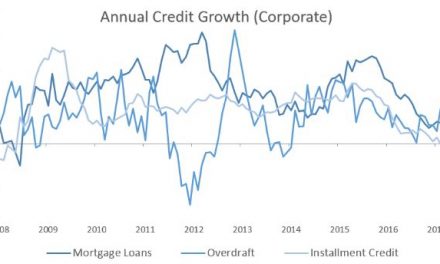
We may die of disease or we may die healthy – we still die
The World Health Organisation released an upbeat report detailing the progress made to contain a number of so-called neglected tropical diseases. While the WHO sees improvement in many areas, even citing some diseases that can be totally eradicated, it warns that others, like dengue fever, have seen an increase by a factor of 30 over the past 50 years.
A week earlier, the World Economic Forum published its Global Risk Report for 2013. Noticeable is that one of the key identified risks also pertains to disease, more specifically disease that can cause uncontrollable pandemics. Warning that progress in medical research may lead to a false sense of security, the Global Risk Report implies that what the WHO punts as major successes, may eventually lead to a health disaster of global proportions.
Calling it the danger of hubris on human health, the Global Risk Report says “health is a critical system that is constantly being challenged, be it by emerging pandemics or chronic illnesses. Scientific discoveries and emerging technologies allow us to face such challenges, but the medical successes of the past century may also be creating a false sense of security. Arguably, one of the most effective and common means to protect human life – the use of antibacterial and antimicrobial compounds (antibiotics) – may no longer be readily available in the near future.”
Contrary to this view of future risk, the WHO reports “unprecedented progress against 17 neglected tropical diseases, thanks to a new global strategy, a regular supply of quality-assured, cost-effective medicines and support from global partners” and its CEO adds “With this new phase in the control of these diseases, we are moving ahead towards achieving universal health coverage with essential interventions. The challenge now is to strengthen capacity of national disease programmes in endemic countries and streamline supply chains to get the drugs to the people who need them, when they need them.”
Admittedly, this seeming contradiction plays out against a background of two different expectations. The WHO presents a picture of current conditions and immediate challenges assuming that a continuation of their current strategies will eventually lead the Third World to the disease-free panacea of the developed world. Taking a somewhat longer view into the future, the Global Risk Report says this may not be so, or at least not so simple.
In Africa we have become used to pandemics. In the list of 17 diseases covered by the WHO report are many that are only too familiar to both rural and urban African populations. Whether we, or the WHO have the capacity to eradicate them, as is the dream, depends on much more than supply chains, infrastructure, and above all, research.
African countries in general are kept back by budgetary constraints. Namibia is a prime example. Although Health takes up the second biggest slice of our budget, health provision remains precarious and very few pregnant women in a rural community have an absolute guarantee that both they and the baby will survive the birth. This is not a preventable disease but it certainly is a preventable condition. I only use it as an example to show how modest healthcare is for the 73% of our population that is still classified as rural. And Namibia is considered to be a leading light as far as African standards are concerned. What then are the chances of a woman and child surviving birth in places like Angola, Burundi, the Central African Republic, the not-so-DRC, and Mali?
As a nation, we sincerely appreciate the work of the WHO. Without it we would have been a lot worse off. But as an African, conditions on the ground force me to be realistic and to realise it will take many decades before Africa, or most of it, is rid of diseases that pose very little danger in a developed, civilised country.
We also have to consider capacity or the lack of it. Again, taking our own situation as an example, it was not some fancy tropical disease that brought public healthcare in disrepute, it was plain and simple, the criminals in disguise who worked as hospital staff that stole the clinics and hospitals blind. And from an institutional point of view, it was an incompetent ministry that allowed this to continue, knowing very well that once the existing facilities were brought to the brink of collapse, it will be very expensive to turn it around.
And I am not even talking about sub-standards generics supplied to African countries by other sub-standard Third World manufacturers. About this the WHO had a lot to say last year.









































